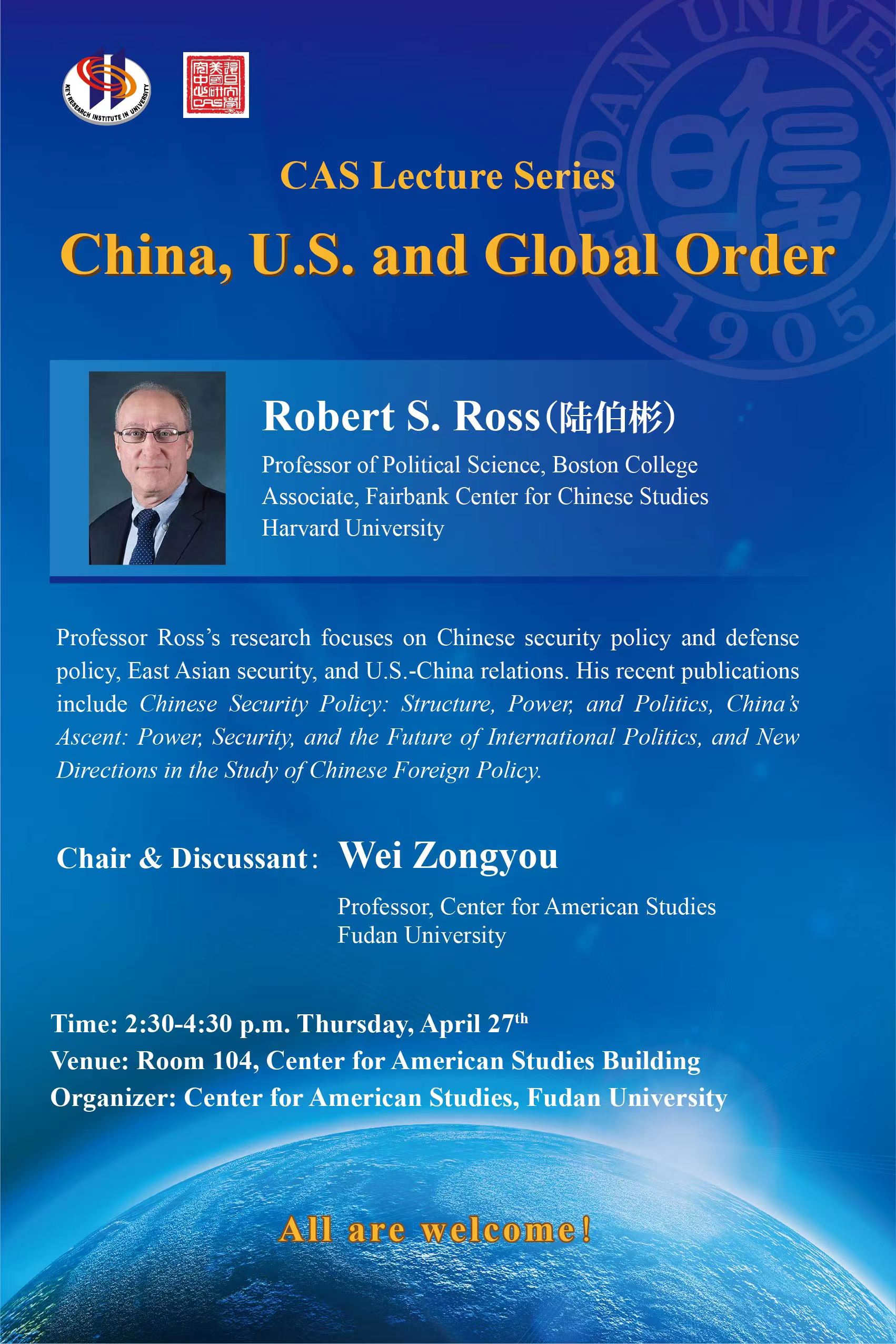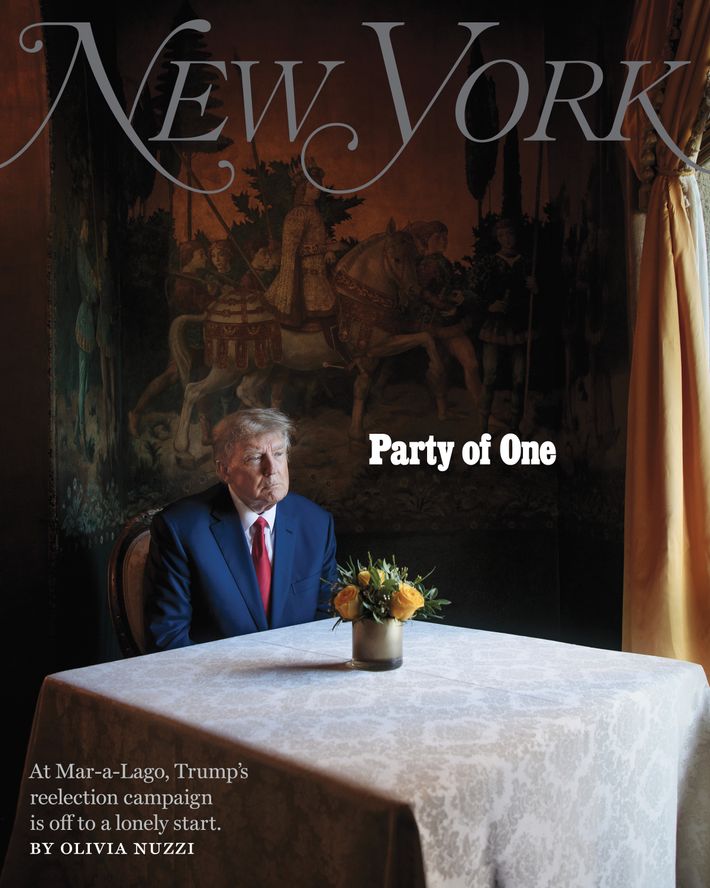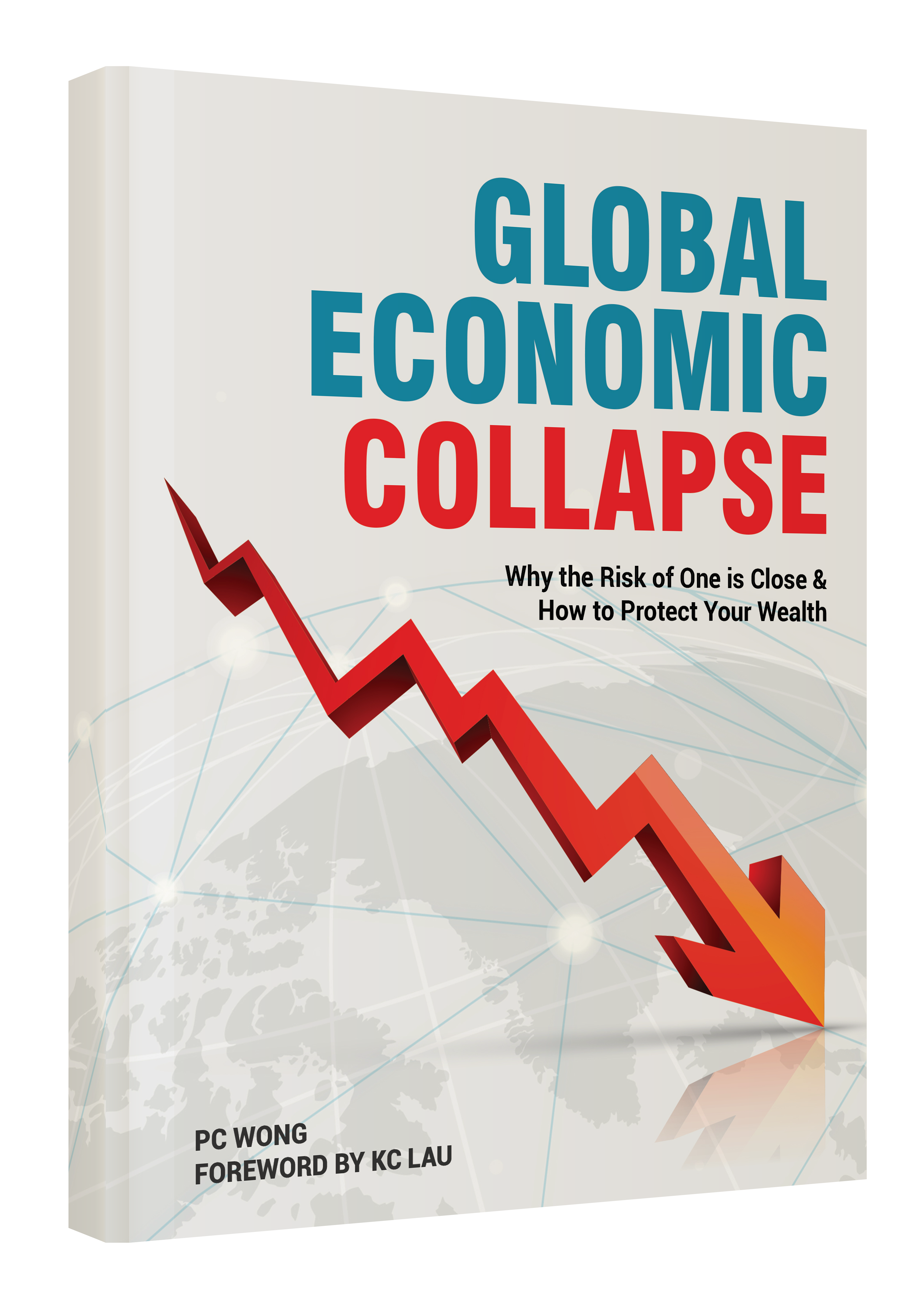Is the established global order, painstakingly constructed over decades, teetering on the brink of collapse? The actions of certain world leaders, particularly those prioritizing national interests above all else, suggest a seismic shift in the international landscape, challenging the very foundations of cooperation and mutual understanding.
The post-World War II era, marked by the fall of the Soviet Union and the rise of a liberal international order, witnessed an unprecedented period of global stability and economic growth. This order, underpinned by institutions like the United Nations, the World Bank, and the International Monetary Fund, aimed to foster cooperation, resolve conflicts peacefully, and promote free trade. However, recent developments suggest that this order is under immense strain. The America First foreign policy adopted by the Trump administration, characterized by a skepticism towards multilateralism, a questioning of alliances, and a willingness to challenge established norms, has significantly altered the dynamics of international relations. This approach has been perceived by many as a direct assault on the principles that have guided global affairs for generations, as the world watch for the global order.
This shift in approach has sent ripples of concern throughout the international community. Allies, accustomed to a consistent and predictable American leadership, find themselves navigating a turbulent and uncertain environment. The unpredictable nature of decision-making, the willingness to upend long-standing agreements, and the prioritization of narrow national interests have created a climate of anxiety and mistrust. The repercussions of this approach are far-reaching, impacting trade relations, diplomatic partnerships, and even the very fabric of global security.
The consequences of this destabilization are multifaceted. The erosion of trust among allies creates opportunities for adversaries to exploit divisions and undermine collective security efforts. The weakening of international institutions hampers the ability to address shared challenges, such as climate change, pandemics, and economic instability. The rise of nationalism and protectionism disrupts global trade and hinders economic growth. The potential for conflict increases as nations become less willing to compromise and more inclined to pursue their interests through unilateral action.
The current situation demands careful consideration and strategic responses. The preservation of the international order requires a concerted effort to reaffirm the principles of multilateralism, strengthen international institutions, and promote cooperation among nations. This includes actively engaging with allies, defending shared values, and resisting the forces of nationalism and isolationism. Moreover, it is crucial to address the underlying causes of discontent and inequality that fuel the rise of populism and protectionism. This entails promoting inclusive economic growth, addressing social injustices, and fostering a sense of shared responsibility for the future of the planet.
One of the most prominent figures in this evolving landscape is Donald Trump, whose presidency has become synonymous with disruption and a questioning of the established order. His policies, characterized by trade wars, withdrawal from international agreements, and a confrontational approach to diplomacy, have been viewed by many as a direct threat to the post-war international system. This has led to a decline in America's influence on the global stage, as its allies question its reliability and its adversaries seize the opportunity to expand their own influence.
The administration's actions also carry significant economic implications. The imposition of tariffs and trade barriers can disrupt global supply chains, increase costs for consumers, and slow down economic growth. The undermining of international institutions weakens the mechanisms for resolving trade disputes and coordinating economic policies. The potential for a global recession is heightened as uncertainty and mistrust spread. Bill Ackman, a billionaire investor, has warned against actions that could shatter investor confidence and destabilize the financial markets, further underscoring the economic risks associated with the current approach.
The situation extends beyond economic concerns, as the potential for military conflict increases. The erosion of alliances, the weakening of international norms, and the rise of nationalism create a more volatile and dangerous environment. Disputes over territory, resources, and ideologies can escalate into armed conflicts, as nations become more willing to resort to force to protect their interests. The war in Ukraine serves as a stark reminder of the devastating consequences of conflict and the fragility of peace.
The challenge facing the international community is to navigate these complex and dangerous currents. It requires a steadfast commitment to the principles of multilateralism, a willingness to defend shared values, and a determination to work together to address the pressing challenges of our time. The alternative – a world of fragmented alliances, economic instability, and increased conflict – is simply unacceptable.
The actions of Donald Trump and his administration have been a catalyst for this shift, challenging the very foundations of the established global order. His approach, marked by a skepticism towards multilateralism, a questioning of alliances, and a willingness to challenge established norms, has fundamentally altered the dynamics of international relations. The implications of this are wide-ranging, impacting trade relations, diplomatic partnerships, and global security. The question is whether this represents a temporary disruption or a more profound and lasting transformation. The answer will shape the future of the world for generations to come.
The new World Order of the past 35 years, built on the principles of cooperation, free trade, and international law, is being demolished. The unpredictability of certain leaders foreshadows even greater danger ahead, as the world teeters on the brink of collapse. Countries that believe in multilateralism must come together now to counter the forces of division and chaos.
Three powerful forces may thwart the plans of those seeking to dismantle the international order. These forces, which include economic interdependence, the strength of international institutions, and the resistance of civil society, offer a glimmer of hope in a turbulent world. The incoming administration would be wise to reconsider some of its operating assumptions.
Donald Trump's actions have launched a second American Revolution, this time challenging the global system that America made. This revolution is characterized by ten dramatic shifts that declare independence from the global system. The question is whether these shifts will lead to a new era of prosperity and peace, or whether they will usher in a period of instability and conflict.
The collapse of the post-1945 global order, with the United States at its apex, is becoming increasingly apparent. The actions of certain leaders are accelerating this decline, leading to a more dangerous and unpredictable world. The international community must work together to prevent this collapse and preserve the values that have sustained us for so long.
In a world where the foundations of international cooperation are being shaken, the future of global order hangs in the balance. The choices made today will determine whether we can preserve the progress of the past or descend into an era of fragmentation and conflict. The risks are significant, but so are the opportunities. The time to act is now.
| Bio Data | |
| Full Name | Donald John Trump |
| Date of Birth | June 14, 1946 |
| Place of Birth | Queens, New York City, U.S. |
| Spouse(s) | Ivana Zelníčková (m. 1977–1992), Marla Maples (m. 1993–1999), Melania Knauss (m. 2005) |
| Children | 5 (Donald Jr., Ivanka, Eric, Tiffany, Barron) |
| Career and Professional Information | |
| Occupation | Businessman, Television Personality, Politician |
| Political Party | Republican |
| Political Positions Held | 45th President of the United States (2017–2021) |
| Business Ventures | Real estate development, entertainment, branding |
| Education | Fordham University (transferred), University of Pennsylvania (B.S. in Economics) |
| Notable Achievements | Presidency of the United States, Successful businessman and brand builder |
| Controversies | Numerous controversies related to business practices, political statements, and legal issues. |
| Reference: Official White House Archives |



